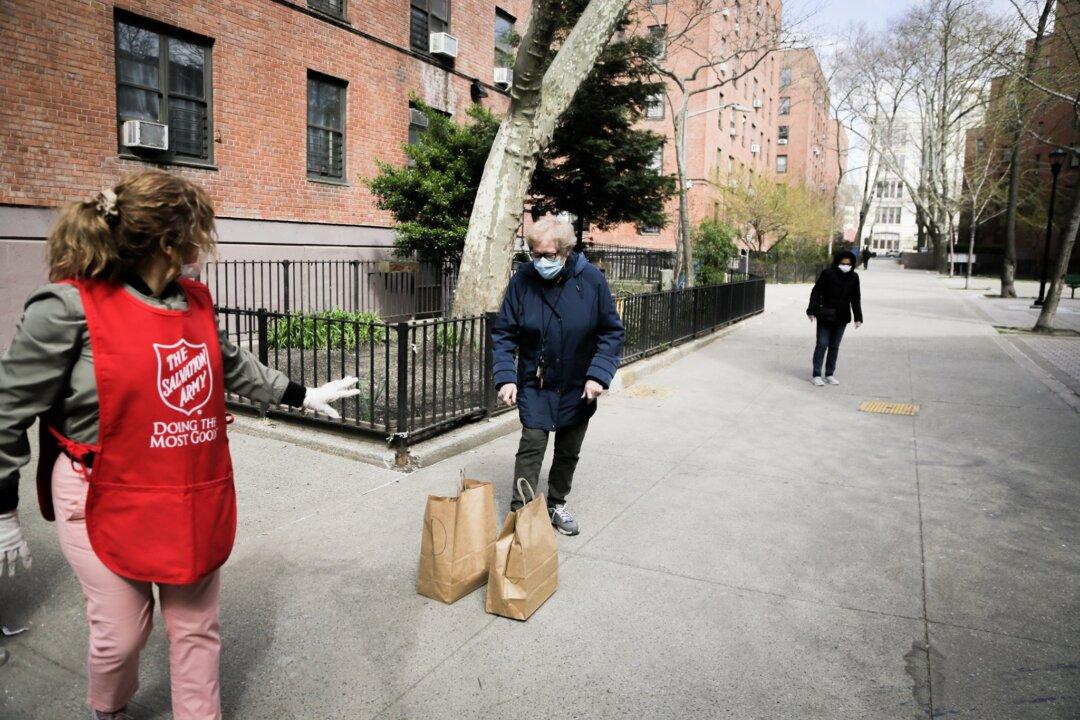In times of crisis, some people sense danger and run from it toward safety. Others run toward it, mused Kelly French, director of community relations for the Salvation Army in Bradenton, Florida.
It speaks to why their offices have received so many inquiries about volunteering during the pandemic crisis.






